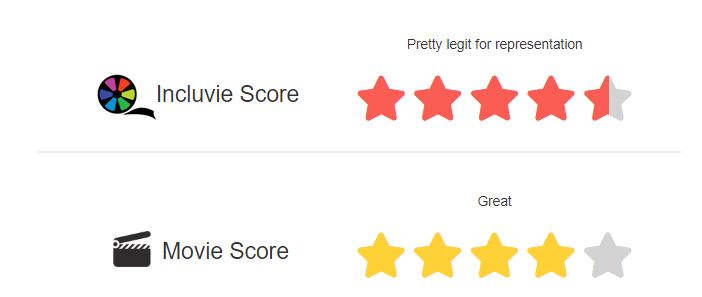In August of 2020, Rose McGowan (Jawbreaker, Planet Terror) accused director Alexander Payne (Election, Sideways) of sexual misconduct when she was a fifteen-year-old aspiring actress. McGowan has been outspoken about the “cult” of Hollywood — the power dynamic and hidden atrocities that come with it. Unless you have been avoiding all social media and news outlets for the past three years, you know that McGowan was one of the first and most prominent victims to speak out against Harvey Weinstein. Facing backlash and bombarded with questions like “Why didn’t you make it public earlier?” or “Why did you continue to work for him?” and so on, McGowan released a four-part documentary, Citizen Rose, as a means of explaining herself once and for all.
This series was filmed in 2017, during the same time that the New Yorker article by Ronan Farrow was published, beginning the outing of Harvey Weinstein, who McGowan refers to as the “monster”. In 1997, just after starring in Scream, a 23-year-old McGowan was raped by the Hollywood producer. For the next 20 years, McGowan lived with this (widely known) secret.

Citizen Rose deals with the aftermath of “coming out” as a victim. The importance of this series is the raw pain and conflict behind a woman speaking out against power. There are parts of Citizen Rose which weren’t my personal taste, but the themes of the series are new and refreshing. Especially in film and television, we often see the act of violence itself, but rarely are we given the perspective of the victim after the fact. Usually, the focus is on the criminal justice system, or even the effect on the accused, but rarely the trauma and pain of the victim for years after the event.
McGowan’s story is a textbook example of gaslighting. McGowan was ignored, vilified, and called crazy because of these accusations. When the Farrow article came out, and people understood that she was telling the truth the whole time, she then had to deal with the aftermath of being gaslit for so long. We see her navigate the initial trauma, along with the continued trauma produced by the public. While I adore Ronan Farrow as an investigator and writer, it is heartbreaking that the criminal justice system and the public needed him to “verify” the accounts of McGowan and the other women, who were ignored for so long. And people still wonder why women, and victims of sexual assault, don’t speak out.
The Spiral
The first episode of Citizen Rose shows us a strong, angry woman. McGowan explains why she is doing this — why she is turning the tables and coming for all of Hollywood and the monster they protected and revered. She is strong, surrounding herself with other women in this fight, and leading the charge. After episode one, the tone changes. McGowan is fragile — she is still strong and angry, but it is clear that she needs to deal with her own PTSD before taking on the weight of an entire movement. It is not until episode three that McGowan takes the time to take care of herself, realizing that she can’t do it all. She is finally acknowledged as a victim by the media who had beat her down for so long. She is affiliated with women’s movements, Me Too, and her memoir is on the New York Times bestseller list, but all of these positive moments can’t cover the hurt and pain that had lived in McGowan for twenty years. As much as she wants to move forward in strength, she needs to take a moment and deal with the emotional trauma, which is the strongest thing she can do.

Strength Does Not Come Easy
Whether or not you are a fan of Rose McGowan, the actress, you have to recognize that this woman has been through a lot. She was born into a cult (Children of God), and then, as she describes it, moves into another cult of Hollywood. We all know the story of Weinstein, Matt Lauer, Louis CK, and the list goes on and on. What we usually don’t consider is how can all of these victims deal with life after. If the act itself isn’t violent and terrifying enough, Citizen Rose shows the audience the lifelong impact of the act. Even when McGowan gives empowered speeches or monologues, you can see the pain in her eyes. She breaks down and cries a lot in this series. The tears are so full of pain, and McGowan fights only because she wants so badly to help other victims. However, she finally realizes that she has to work through her own pain before she can be fully available to lead. You must put the oxygen mask on yourself before helping others.
McGowan’s story is that of speaking out. Speaking out against power is terrifying and can backfire easily, as we see with McGowan. We also see how important it is to speak out. The fact that McGowan recently made public accusations against Payne should not be surprising. If you didn’t see it before, the general public is beginning to open their eyes to the systematic misogyny that goes far beyond Hollywood. The victims aren’t always women, it is the powerful versus the powerless. Speaking out is as harmful to the accuser as the accused. And, thanks to Citizen Rose, we see that the aftermath is a trauma on its own. Perhaps that will make us stop thinking people should “get over it” or “move on” and be a little more empathetic to lasting damage.

(This article was originally published by Sarah Erskine on Medium.)

Leave a Reply